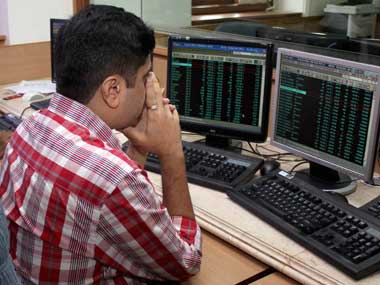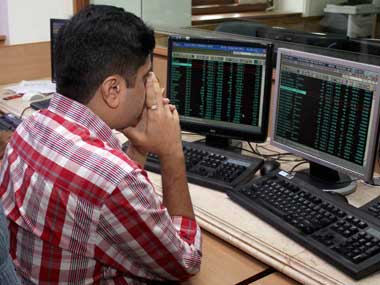With the Sensex at 20,900 and the Nifty at 6,200, the question on everybody’s mind is should I remain invested in Indian equities at current levels. The answer to this is yes for, as we head towards elections in 2014, risks are known but positives are unknown. Those positives could actually play out going forward.
The two most important factors in equity investors’ mind in the first six months of calendar year 2014 are Fed asset purchase tapering and Indian general elections. To top these worries is the fact that Sensex and Nifty at levels of 20,900 and 6220 are trading just 1.5% to 2% off record highs while global equity indices from S&P 500 to the German Dax are at record highs or multi-year highs.
The question on everyone’s lips from an FII to the domestic retail investor is “should one be invested in Indian equities at current levels of the markets or should one wait for the events of Fed tapering and general elections to get over before investing in equities?”
The correct way to answer the question “should one be invested in equities?” is to ask two more questions.
1. What is the risk of being invested in equities and
2. what is the risk of not being invested in equities going into calendar year 2014.
The risk of not being invested in equities will provide an answer to the risk of being invested in equities going into 2014. The risk of not being invested in equities is that the Sensex and Nifty trend higher on the back of the following factors: a) Economic growth from US to the Eurozone picks up leading global equities higher and markets stop worrying about Fed tapering b) Domestic markets start factoring in bottoming out of GDP growth that came in above expectations of 4.8% for second quarter of fiscal 2013-14, stronger Rupee on the back of a 30% fall in Current Account Deficit and improved risk appetite globally driving in FII flows and c) Prospects of a market friendly government at the centre.
[caption id=“attachment_1040443” align=“alignleft” width=“380”]  The risk of not being invested in equities could mean that one could be left out of a strong rally over the next few months and a positive election result coupled with a no great worry about the Fed taper could propel the markets forward. I PTI[/caption]
The risk of not being invested in equities could mean that one could be left out of a strong rally over the next few months and a positive election result coupled with a no great worry about the Fed taper could propel the markets forward. In such market scenarios, investors who are left out would then invest in panic leading to wrong investment decisions at the wrong time.
The risk of being invested in equities is well known. Fed taper, chaotic election, results, inflation, rate hikes, weak economy and weak global markets could well drive down equities. However the fact is despite all these risks on the horizon, equities are trading at close to all time highs and that is something to mull over. Have equity prices factored in all risks and even if they play out would markets still fall?
Equity markets will definitely fall if the global reaction to a Fed taper is highly negative and election results in India are not market friendly. However the question is from where will the markets fall?
Will the Sensex and Nifty fall from current levels or will it fall from much higher levels and actually only come back to current levels? If it falls from higher levels, one could well lose if the investments were made closer to highs. For example if the Sensex went up by 10% to 24,000 levels leading up to the elections, the fall could be 10% to 15% from higher levels. In such a case it is best to be invested at current levels of 21,000 and experience a fall of 5% rather than be invested at 24000 and experience a fall of 15%.
Arjun Parthasarathy is editor Investors are Idiots.com and INRBONDS.com. Follow him on twitter #investorsidiots


)
)
)
)
)
)
)
)
)



